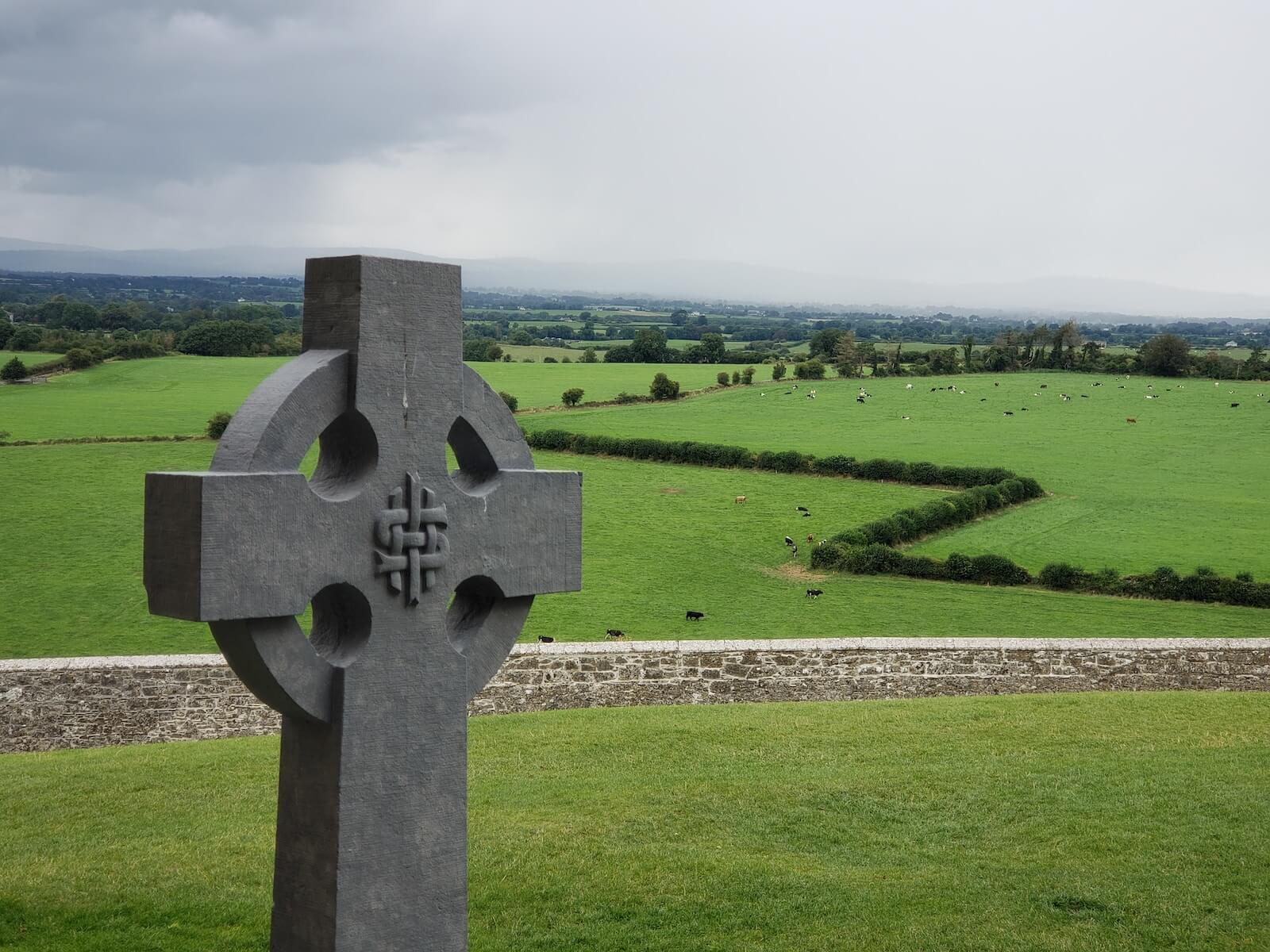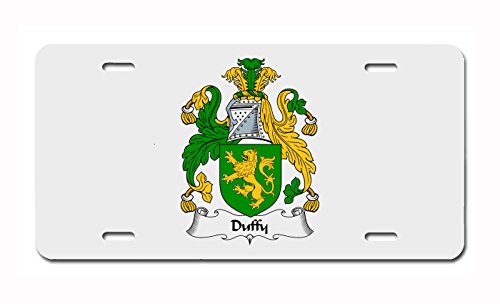
The Duffie name, etched into the annals of Scottish and Irish history, whispers tales of ancient origins and cultural intertwinings. As they swapped Scottish Highlands shrouded in morning mists for rolling meadows in Ireland bathed in sunlight, each step told part of a larger saga – migrations weaving together Celtic cousins’ diverse tapestries.
The Scottish Roots
The surname Duffie, or “Duffy” as my friends call me unironically, is believed to derive from the Gaelic Dubh , meaning ‘dark’ or ‘black.’ This appellation possibly referred to the dark features of the original bearers or the somber, mist-covered lands they inhabited.
Historical records place the Duffies in the region of Fife, Scotland, as early as the twelfth century. When you think of influential families in Fife, theirs is at the forefront due to their deep involvement with political movements and societal contributions.
Imagine tracing back your ancestry to find it filled with fierce warriors and wise chieftains whose lives danced along the edges of Scotland’s eventful saga.
Migration to Ireland
During the seventeenth century, many Scots traversed the narrow channel separating Scotland from Ireland, a migration spurred by economic opportunities and political unrest. Among these were members of the Duffie family, whose move can be traced back to the Plantation of Ulster, a period of colonization and settlement.
In Ireland, the Duffies settled primarily in the north, blending into the local fabric through marriage and land acquisition. However, their adaptation to Irish society was not without its challenges, as historical tensions between native Irish clans and Scottish settlers often erupted into conflict.
Cultural Synthesis
Imagine the beauty when diverse cultural threads weave into one vibrant mosaic; that’s the essence of cultural synthesis.
In Ireland, the Duffies mixed elements from Scotland and Ireland over generations. Now, they celebrate a culture that’s all their own.
This blending is evident in family traditions, stories, and even the evolving spelling of the surname—Duffie, Duffy, O’Duffy, and others. Like their ancestors in Scotland, this family has embraced Irish ways wholeheartedly, especially when it comes to participating in the community and its governance.
Legacy and Diaspora
The legacy of the Duffie family is not confined to the British Isles. The mid-1800s brought hard times with the Great Famine, pushing waves of Duffies to chase fresh starts far from home—in lands as wide-ranging as the United States, Canada, and Australia. Each branch of the diaspora carried with it fragments of their Scottish and Irish heritage, woven into the broader tapestry of their new homelands.




